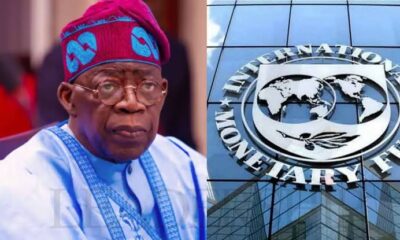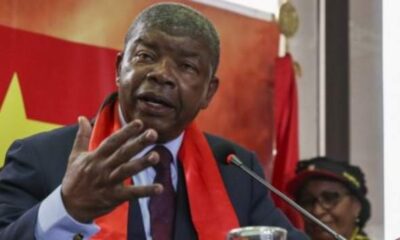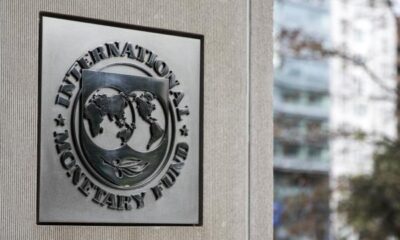The Malawian government said it was “very optimistic” about a restructuring agreement with the International Monetary Fund (IMF) over the country’s $1.2 billion external debt.
Malawi’s finance minister, Sosten Gwengwe revealed that it hoped to secure a new IMF loan programme by the end of the year.
After visiting IMF deputy managing director, Gita Gopinath, the minister informed reporters that Malawi needed assurance letters from its “two main bilateral donors,” China and India, that they were supportive of the debt restructuring procedure in order to get the IMF loan.
According to a July IMF estimate, Malawi owed the Export-Import Bank of China $222 million and the Export-Import Bank of India $114 million at the end of 2022. Also, it owes $337 million to the Trade & Development Bank and $495 million to the African Export-Import Bank; both creditors have agreed to the restructuring.
“We are very optimistic,” he said when asked if he thought Malawi would secure an IMF loan by the end of the year.
“But I should also hasten to say that yes, we’ve gone through a lot of difficulties the past two years, but it’s not over yet. We still need to continue walking the path.”
Landlocked Malawi, where about 58.8 per cent of the population now lives in extreme poverty, is also currently dealing with significant shortages of essential imports including fuel, medications, and fertilizers, because of a lack of foreign currency. Long lines of vehicles and robberies at gas stations are the results of this.
Zambia, Ghana, Ethiopia, Chad, and Sri Lanka are the five African states that have formally defaulted on their national debt to date. Zambia has successfully submitted an application for its debt restructuring plan under the G20 framework; the agreement is still in the works, and Malawi will be hoping to get lucky also.


 Sports2 days ago
Sports2 days ago
 Metro2 days ago
Metro2 days ago
 Metro1 day ago
Metro1 day ago
 Culture2 days ago
Culture2 days ago































